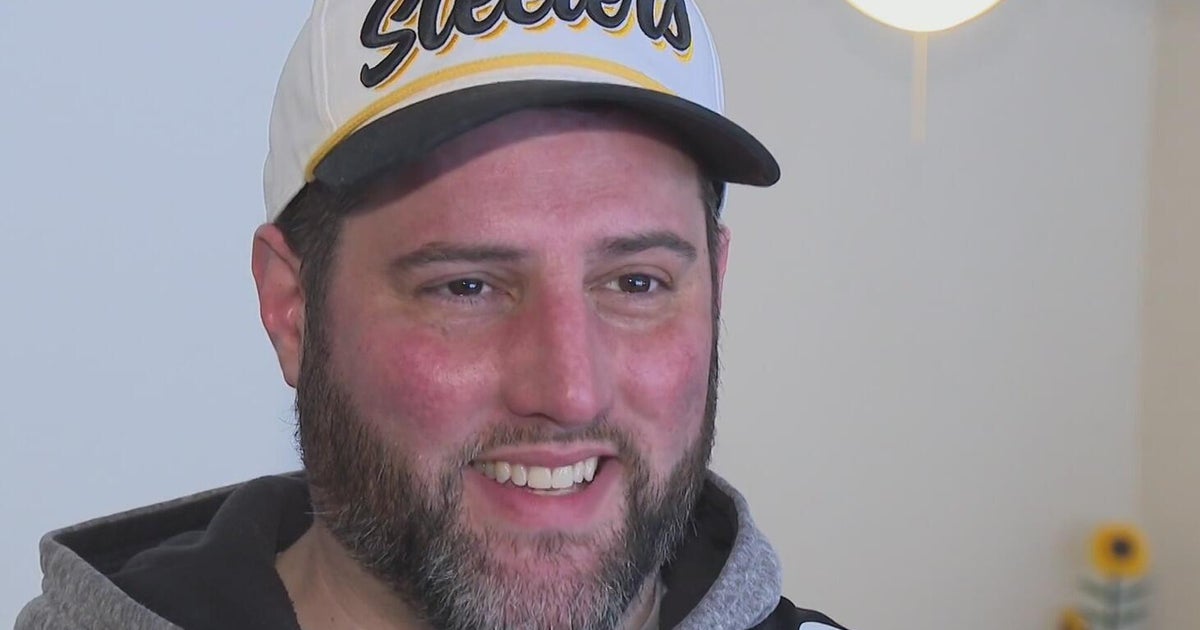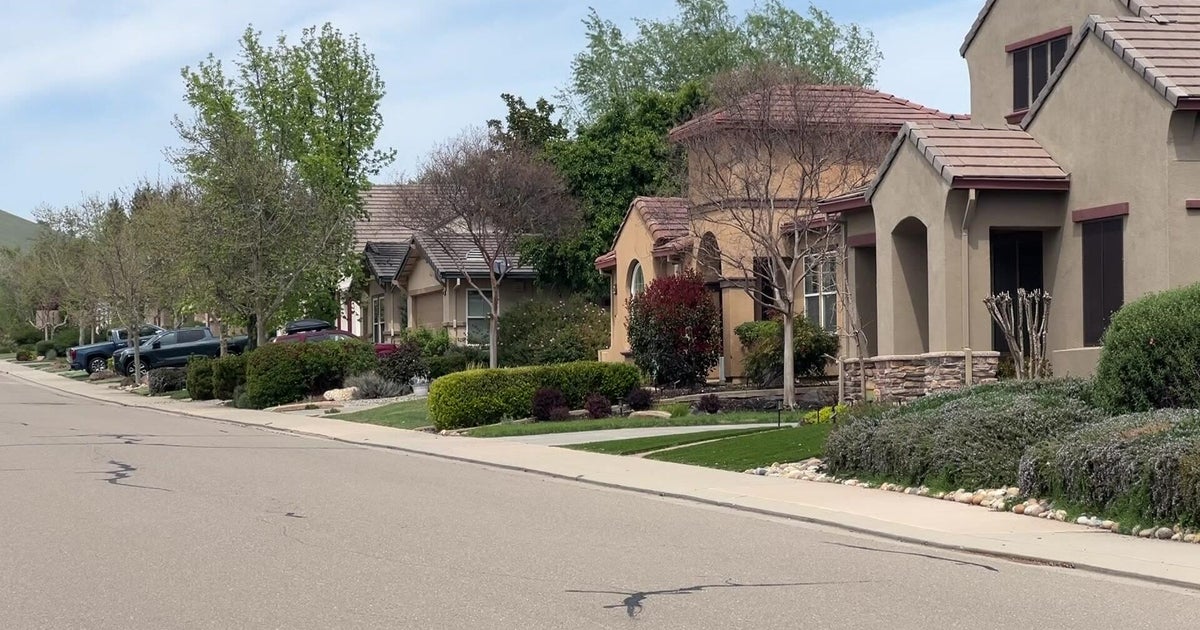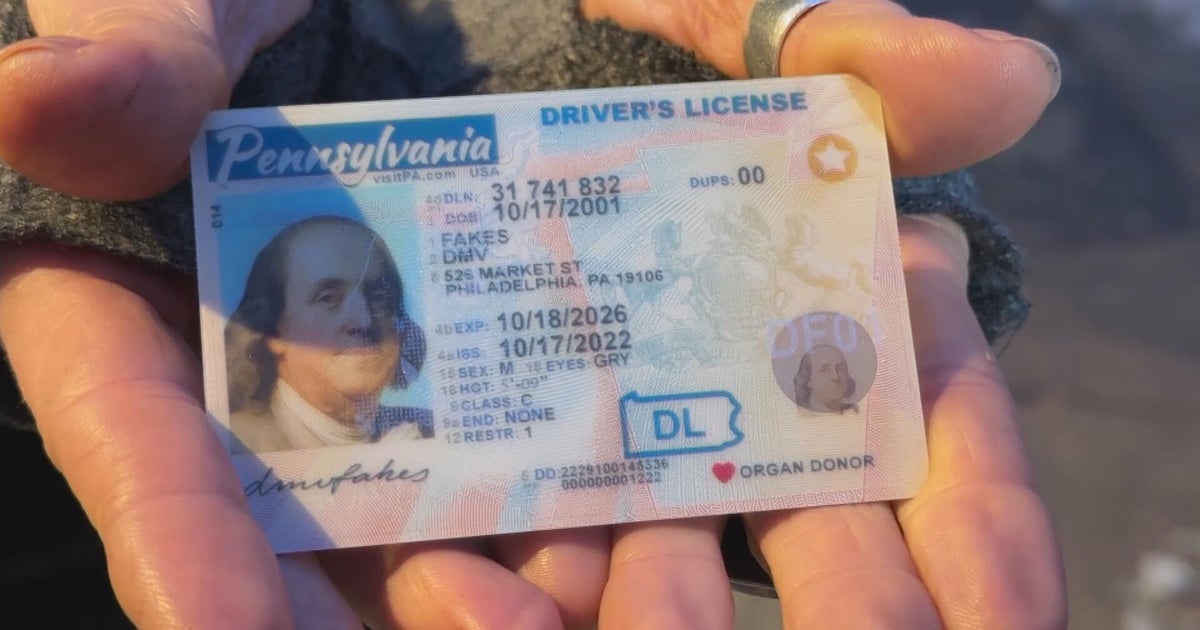Why do we practice Daylight Saving Time? Is there any point to it?
MINNEAPOLIS (WCCO) -- This Sunday at 2 a.m., most Americans will "fall back" and gain an extra hour when we revert to standard time. The first Sunday of November is the end of almost eight months of Daylight Saving Time (DST).
Over the past century, there's been debate about whether Daylight Saving Time is even necessary, so Alec from Prior Lake and Diane from Plymouth want to know: "Why do we change the clocks?" Good Question.
Benjamin Franklin is often credited with the original idea, but the inventor thought people could make better use of daylight hours by simply adjusting their wake-up times, rather than their clocks. It wasn't until 1895 that a proposal was formally introduced by George Hudson to the Wellington Philosophical Society to change the time. The New Zealand entomologist thought it would give him extra daylight hours after work to search for insects.
In 1916, Germany was the first country to institute a standardized Daylight Saving Time system. Towards the end of World War I, other countries -- including the U.S. -- also adopted a standard system. They thought the extra daylight hour would be one way to conserve energy.
The U.S. DST lasted only one year until 1919. Many farmers opposed it, as did several businesses, so states and cities make individual choices. This created a patchwork of systems across the country. At one point in 1965, St. Paul followed DST while Minneapolis did not.
The Uniform Time Act was enacted in 1966 to simplify and standardize DST across the United States. The law stated Daylight Saving Time would begin on the last Sunday of April and end on the last Sunday of October each year, but states could choose to opt out. As of 2015, only Hawaii and Arizona don't observe daylight saving time.
In 1986, DST was lengthened by four weeks. In 2007, it was lengthened by another four. Now, it begins at 2 a.m. on the second Sunday of March and ends at 2 a.m. on the first Sunday of November.
Right now, 70 countries observe daylight saving time. There are conflicting studies about how much energy, if any, is saved during those eight months.







